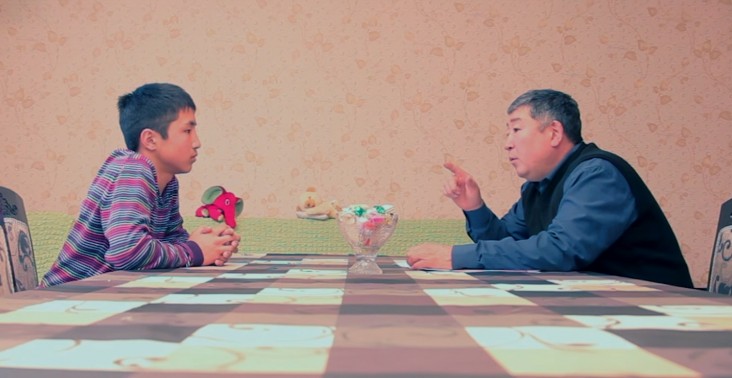
Duration: October, 2016 - September, 2021
Implementing Partner: International Foundation for Electoral Systems (IFES)
Total budget (for Consortium): $10,000,000
Key Partners: Central Commission on Elections and Referenda; Ministry of Education and Science of the Kyrgyz Republic
Activity Locations: Nationwide
Under this program, IFES aims to strengthen the professionalism and capacity of election administrative bodies and increase the civic knowledge and engagement of young people in the Kyrgyz Republic.
MAJOR FOCUS AREAS
This Kyrgyz Republic Political Process Program (KPPP) is implemented by all three members of the Consortium for Elections and Political Process Strengthening (CEPPS): The International Republican Institute (IRI), The International Foundation for Electoral Systems (IFES) and The National Democratic Institute for International Affairs (NDI).
IFES’s program activities include:
- Supporting the Central Election Commission (CEC) in strategic planning, improving laws and procedures governing election administration, conducting training of electoral management bodies, and improving outreach and communication to voters;
- Partnering with the CEC to develop and advocate for improved procedures and practices for increased participation of marginalized populations in the voting and political process;
- Providing politically neutral technical expertise to the Electoral Reform Working Group;
- Working with the State Registry Service (SRS) to ensure an accurate voter registry and improve voter experience on Election Day due to enhanced procedures and better-trained personnel;
- Putting civic awareness and citizen engagement principles as well as voter education into practice through Democracy Camps, youth forums, public advocacy initiatives and other interactive tools and activities.
EXPECTED RESULTS AND ACHIEVEMENTS
Collaborative efforts of the state authorities, civil society and student groups under the program are expected to provide a more inclusive, representative and professional election experience for the country’s voters and citizens. Through targeted and tailored interventions, the program offers international best practices and institutional development combined with legal and procedural reform to modernize the electoral process and build political culture.
IFES works with CEC and SRS to improve election administration, voter registration and identification, and voter education as well as to enhance the work of Kyrgyzstan’s three tiers of election commissions. The program also aims to improve organizational management and functional conduct of CEC and SRS through strategic planning and implementation of election management best practices for the 2017-2018 election cycle.
To that end, IFES worked closely with the CEC and SRS to prepare for the December 2016 nationwide constitutional referendum and local elections. IFES coordinated with the CEC to reconcile its training materials with the new electoral law and update user manuals critical to the entire process. Moreover, special public service announcements on national TV channels and posters for polling stations developed under the program helped to enhance understanding of voting procedures.
Highlights and lessons learned from the past election cycle were the focus of the Public Dialogue discussion co-sponsored by USAID in February 2017. Election practitioners and other stakeholders provided their feedback on the recent local elections and recommended further efforts to increase the transparency of the electoral process and strengthen electoral administration.
IFES continues to support training of electoral management bodies across Kyrgyzstan through an e-learning platform, while also strengthening the CEC’s internal training capacity. In terms of policy advice, IFES is part of the President’s Electoral Law Reform Working Group and facilitates meetings of the Laboratory of Electoral Risks, a forum for local experts to assess and analyze the latest election trends.
During the 2016-2017 school year, civic education teachers in secondary schools across the country are using an electronic sourcebook containing practical activities, texts, and methodological recommendations for a civic education course. They received 2,400 copies of CDs with books. Additionally, IFES continues to engage youth in civic activities through Democracy Camps and support for the camp alumni.







Comment
Make a general inquiry or suggest an improvement.